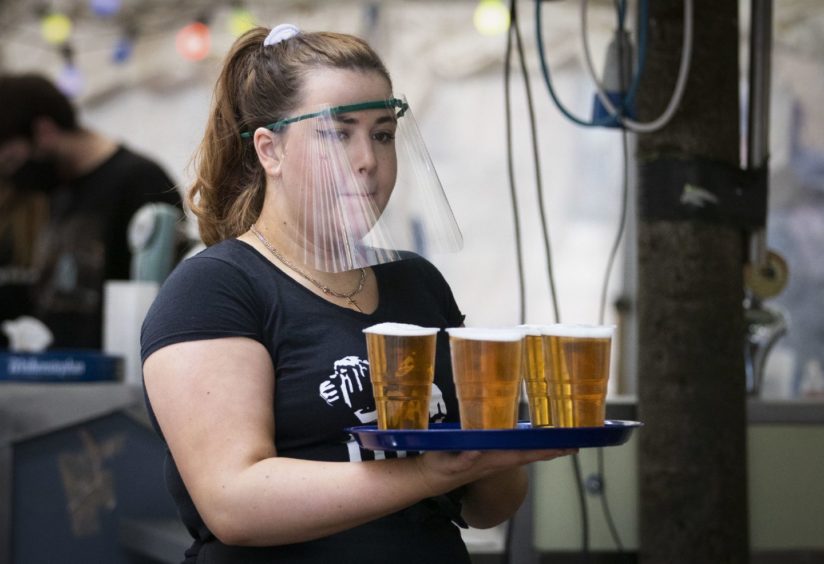“We fear a reckoning as some companies, particularly in tourism, hospitality and retail, decide it is no longer viable to restart or continue in the coming months.”
The chief executive of Scottish Chambers of Commerce said the next few months are crucial as firms consider whether to keep trading.
Dr Liz Cameron said firms in certain sectors, in particular tourism, hospitality and retail, may decide it is no longer viable to continue in the coming months.
The comments follow a new survey of Chamber members that shows 63% of firms reporting poor customer demand as a key concern.
More than half of firms (56%) report lower levels of cashflow compared to one month ago.
Of greatest concern to 80% of members is the threat of another national lockdown or potential local lockdowns.
Ms Cameron said: “We must achieve a balance between looking at long-term ambitions and strategies for growth alongside concrete action in the months ahead to ensure we retain as many businesses and jobs as possible. It is not one over the other.
“For those sectors which remain closed or have just resumed operations recently, helping them back to work and restoring consumer confidence as quickly as possible is crucial to their immediate survival.”
The member survey found the vast majority of businesses in Scotland are doing their utmost to retain staff in the coming months despite concerns over the phased withdrawal of the Job Retention Scheme.
It showed that 89% of firms had not let any staff go up to this point, with 87% pledging to retain staff over the next month. Three in five firms have employees on the furlough scheme.
However, the number of employers who believe they will continue to avoid redundancies starts decreasing over the coming months.
Almost three-quarters expect they will retain their staff in the next three months. However, this reduces to 68% as the Treasury’s furlough scheme comes to an end in October.
Over half (56%) indicated rising costs of doing business, such as rental costs, business rates and tax, as a concern.
Ms Cameron added: “Alongside a cautious outlook for employment, the tracker survey highlights there is a need for more action by government to cut further the upfront costs of doing business.
“There is a need for more direct fiscal support in the form of targeted sectoral interventions for those businesses most at risk as well as targeting regional areas where the impact of the virus has hit harder than in others.
“We must also see tailored support to meet the need of businesses at an increasingly individual level.
“Scottish businesses have already demonstrated that we are adaptive, innovative and resilient, but the challenges we face over the next few months, potentially years, warrants a response from government that is just as substantial.”
rmclaren@thecourier.co.uk












